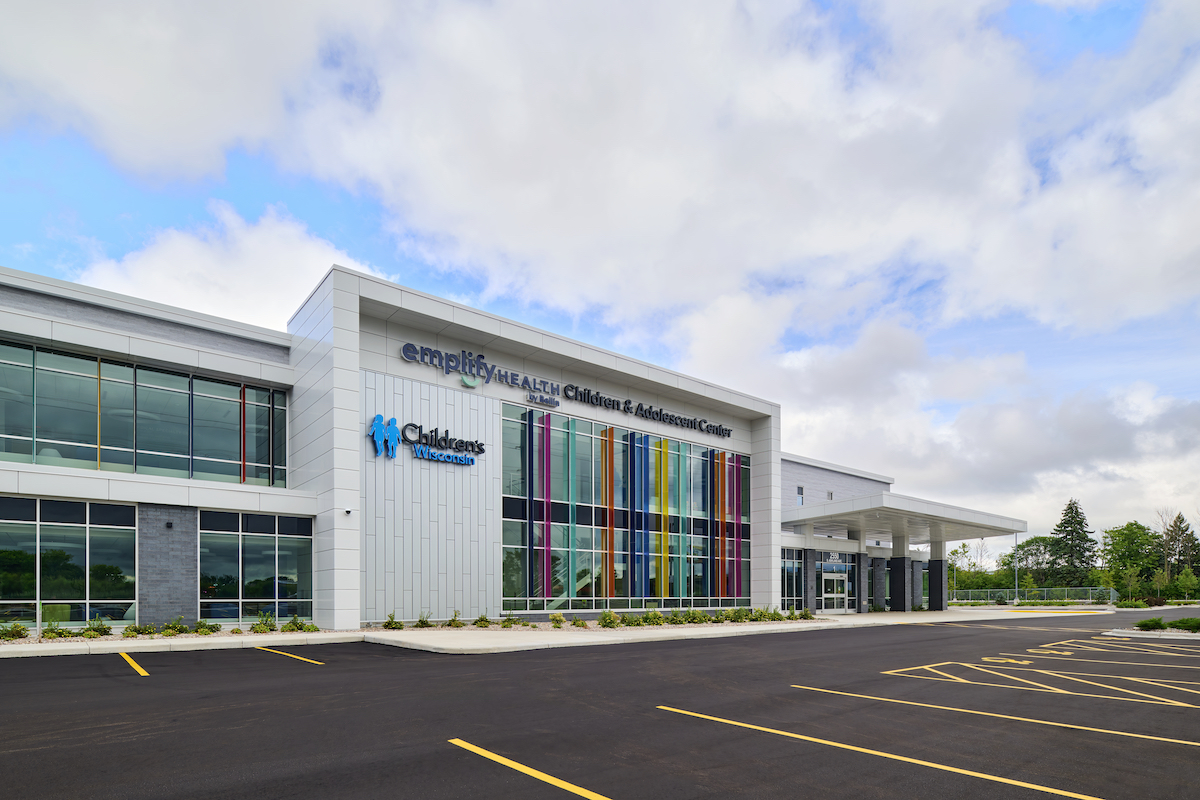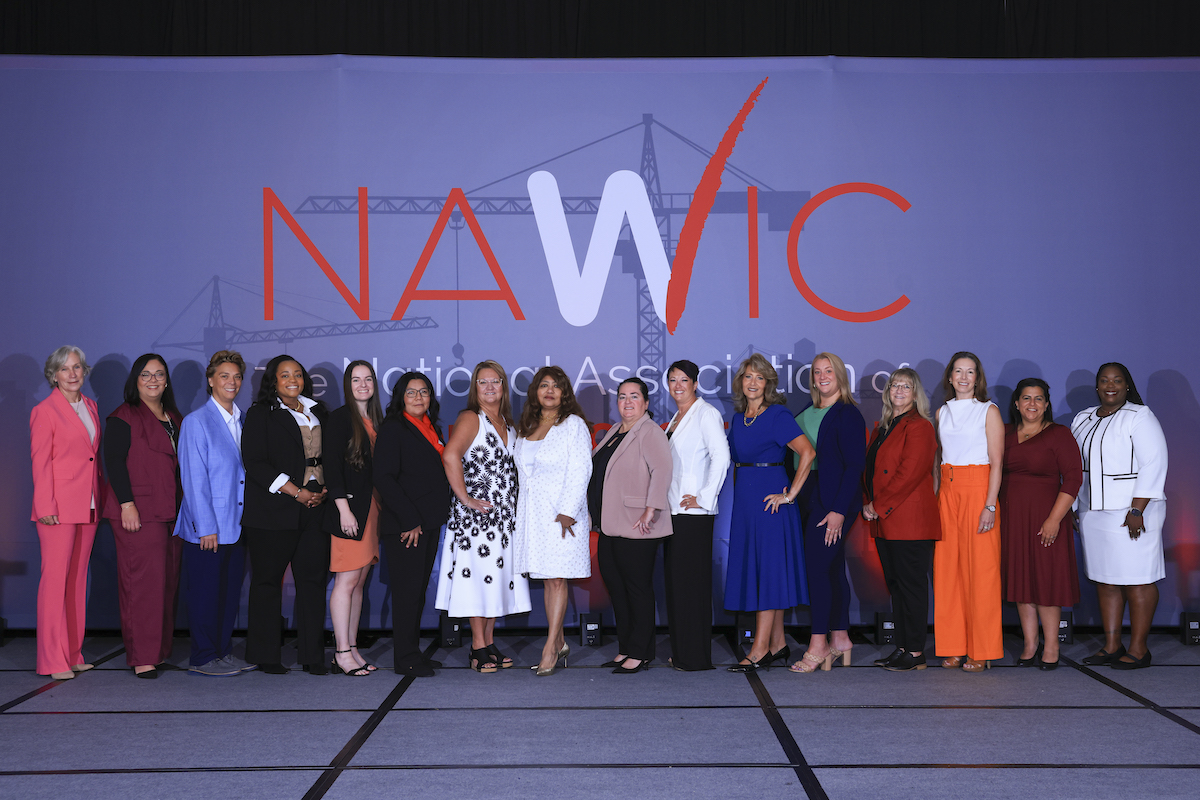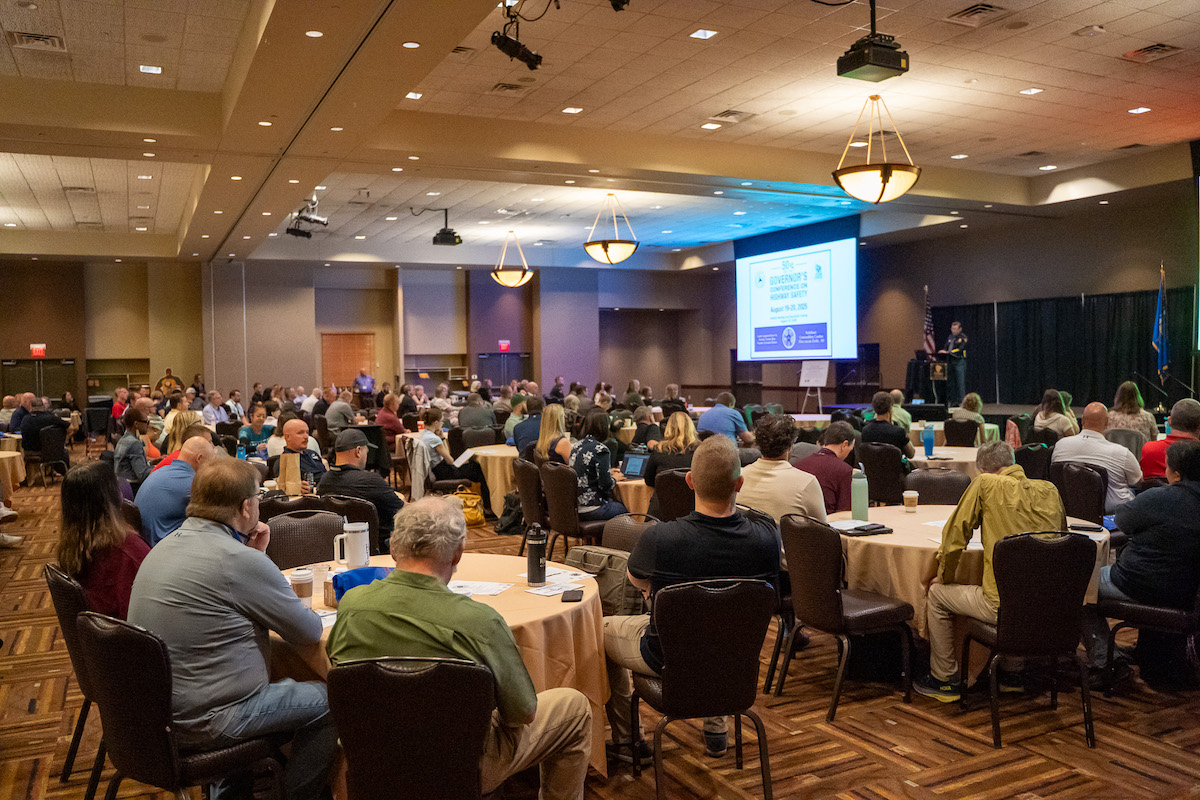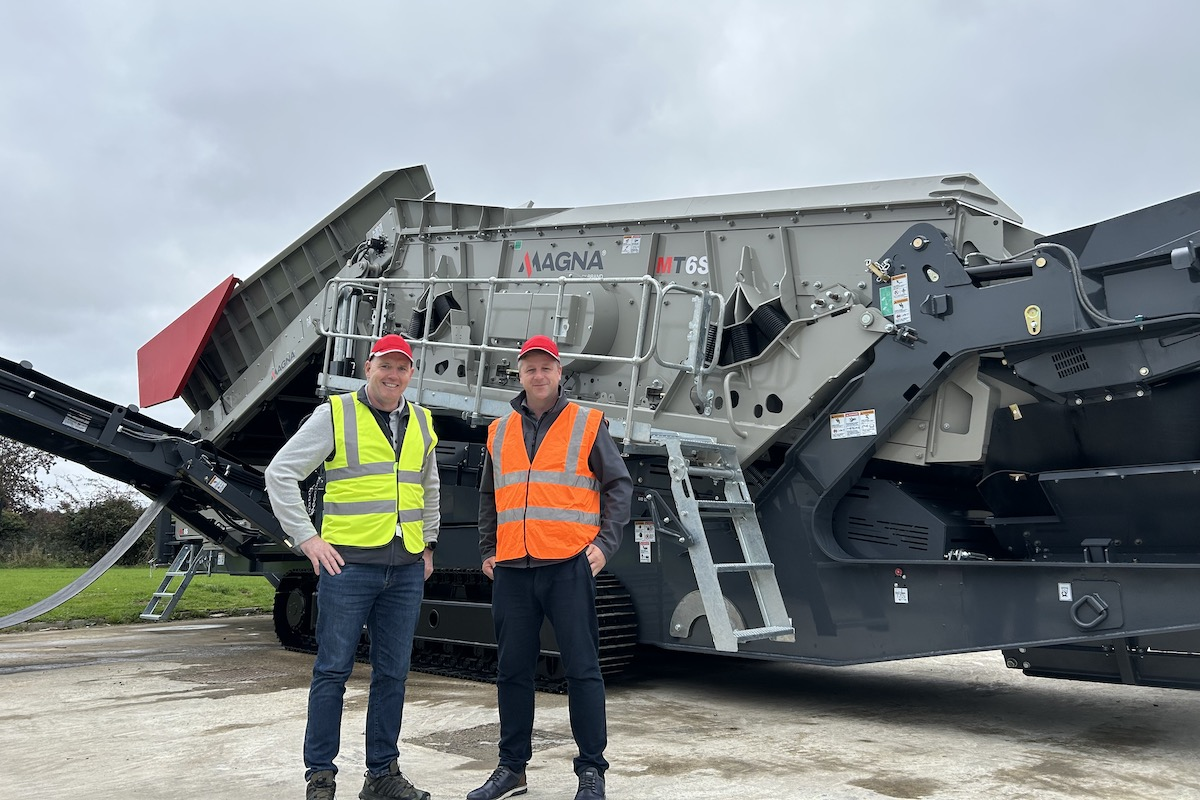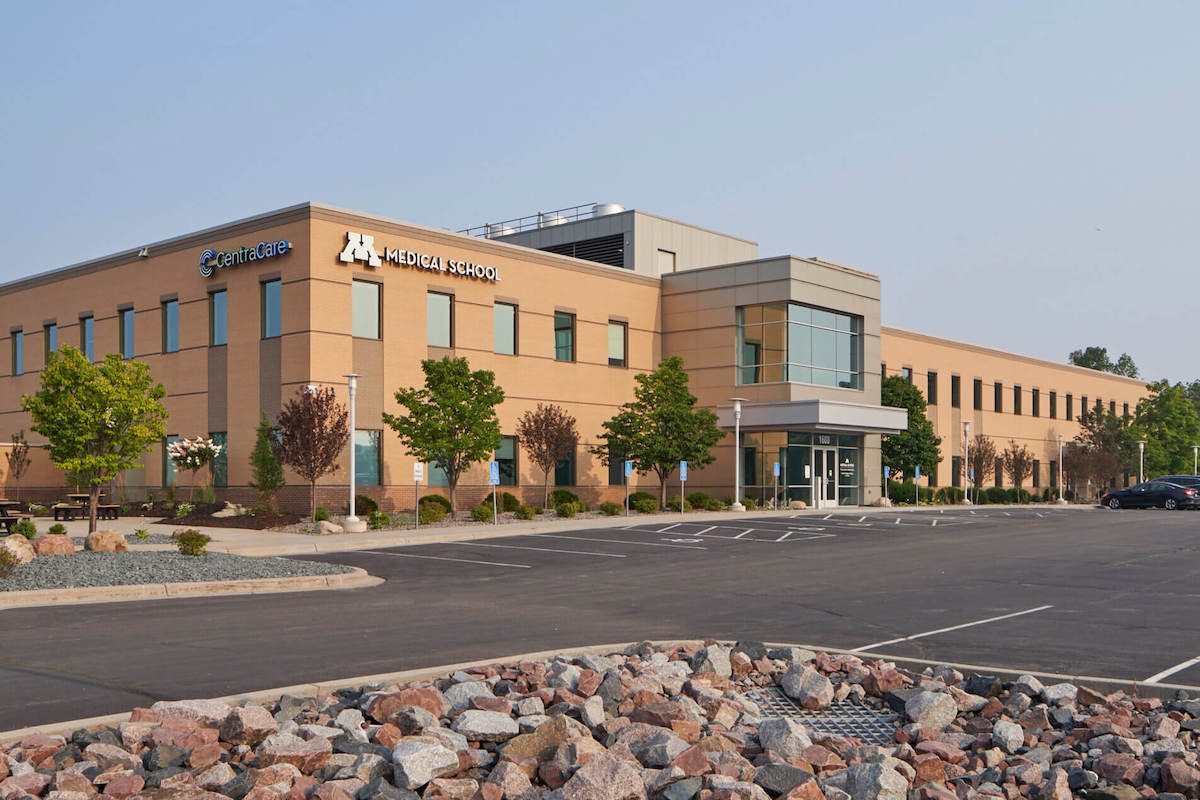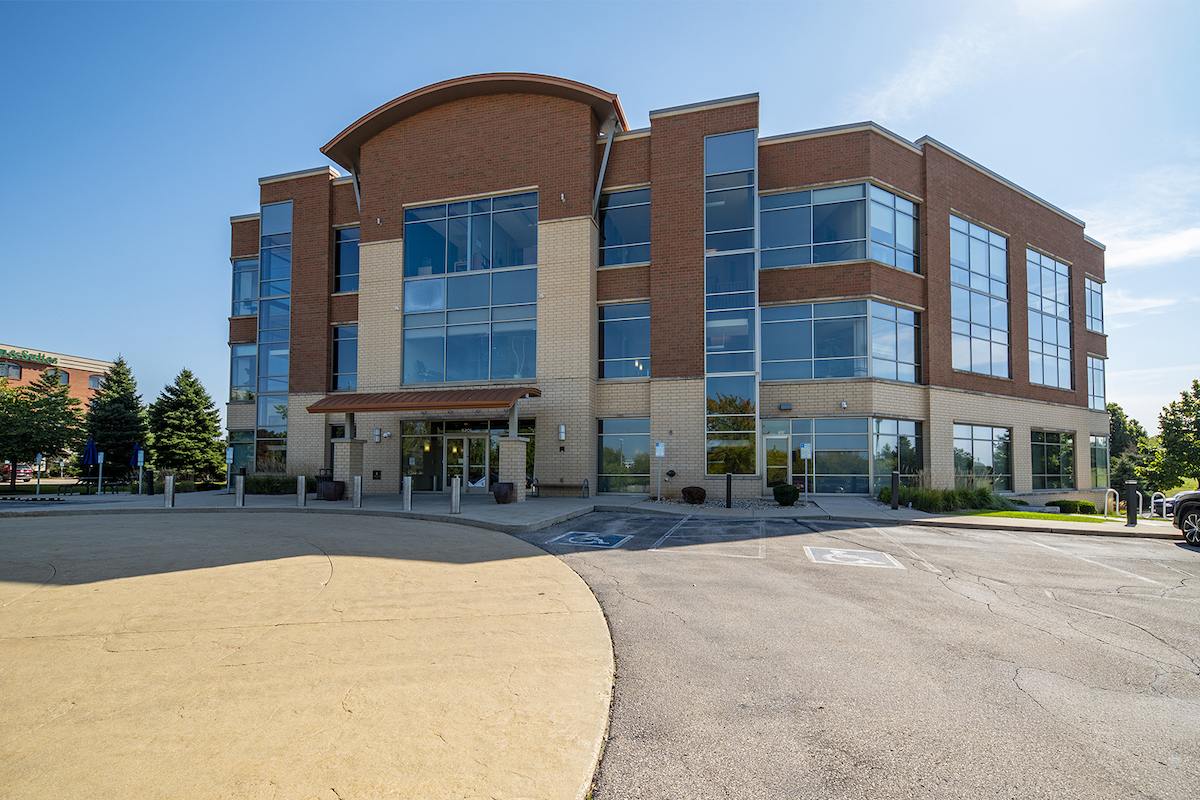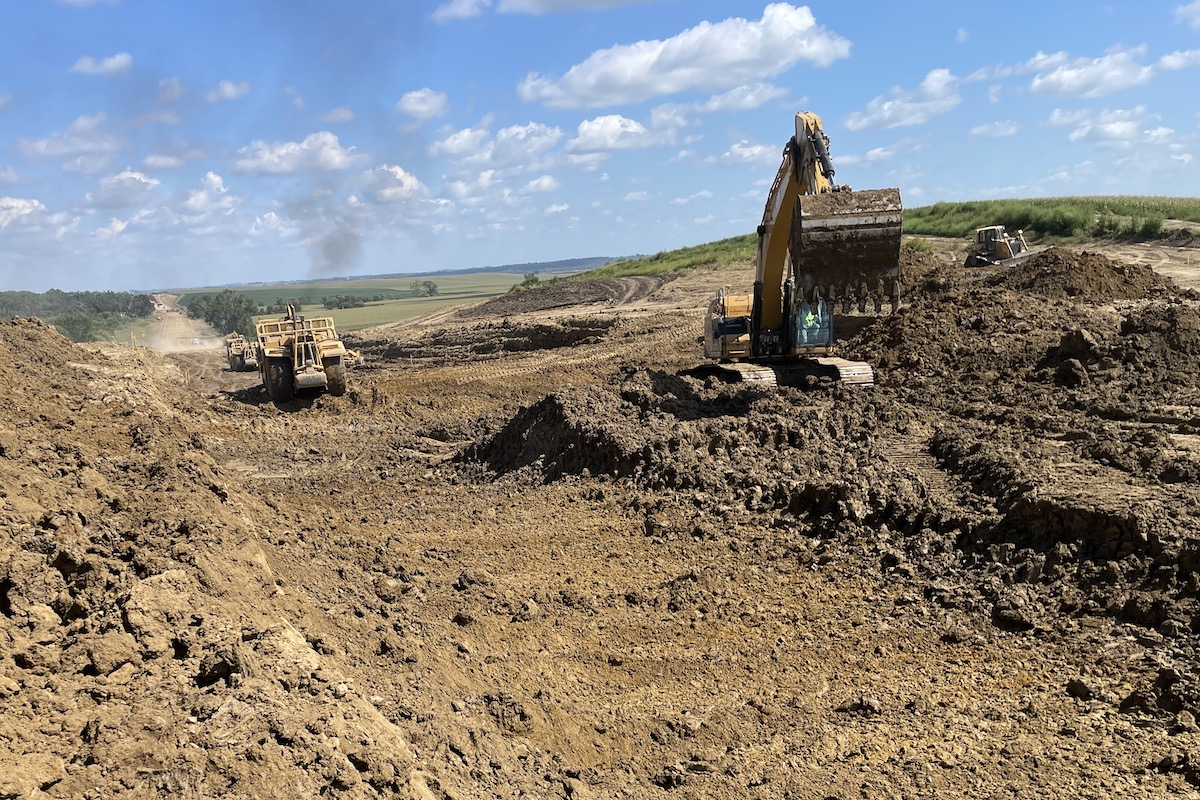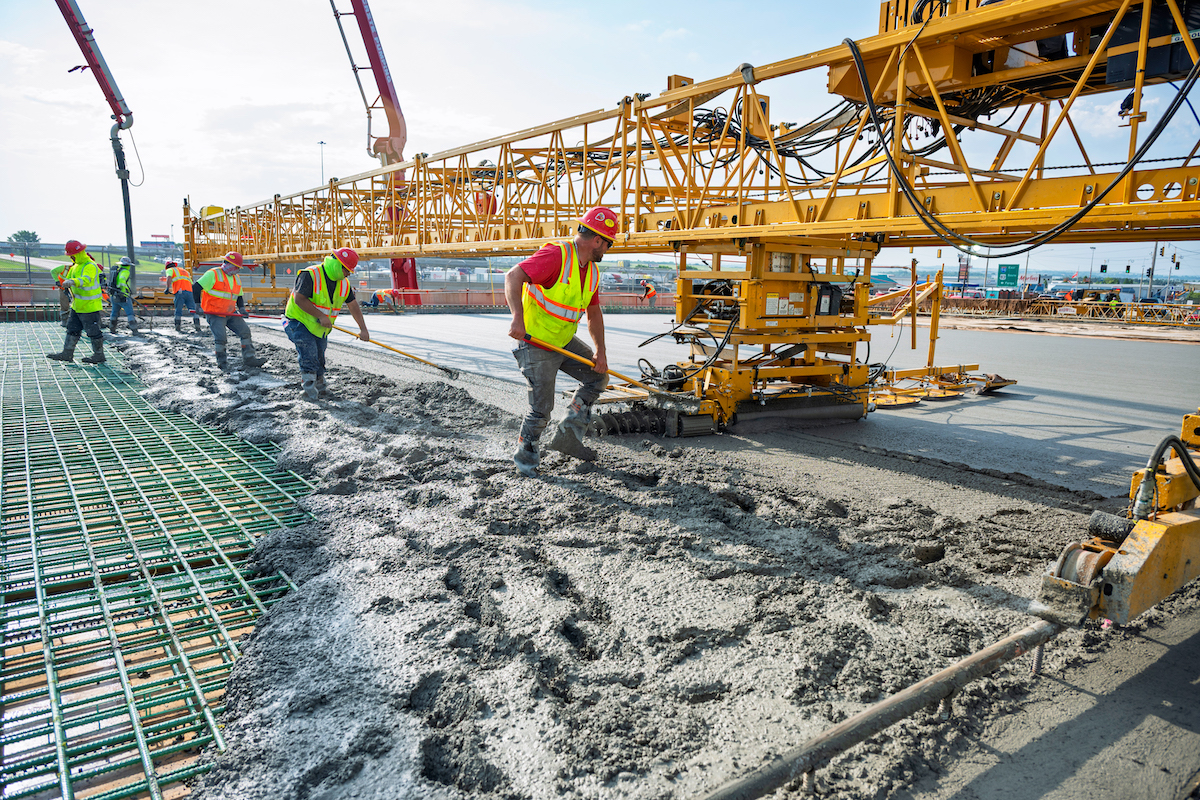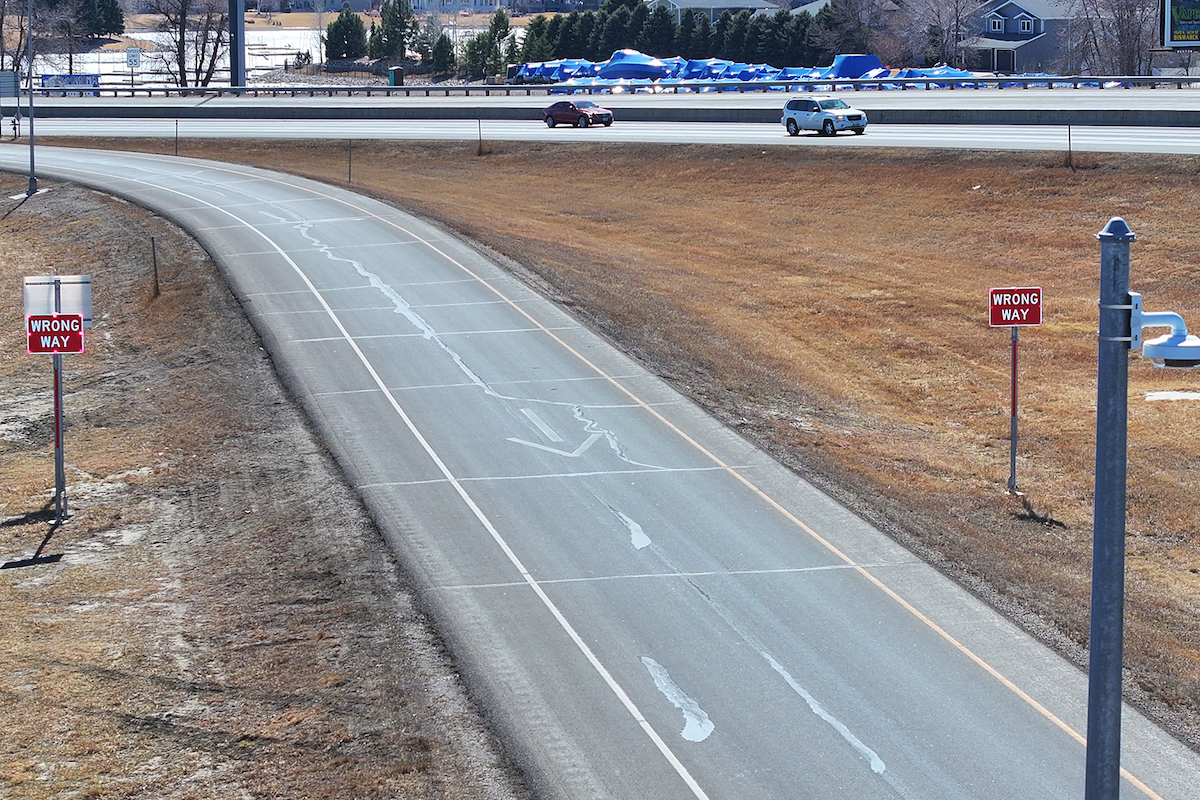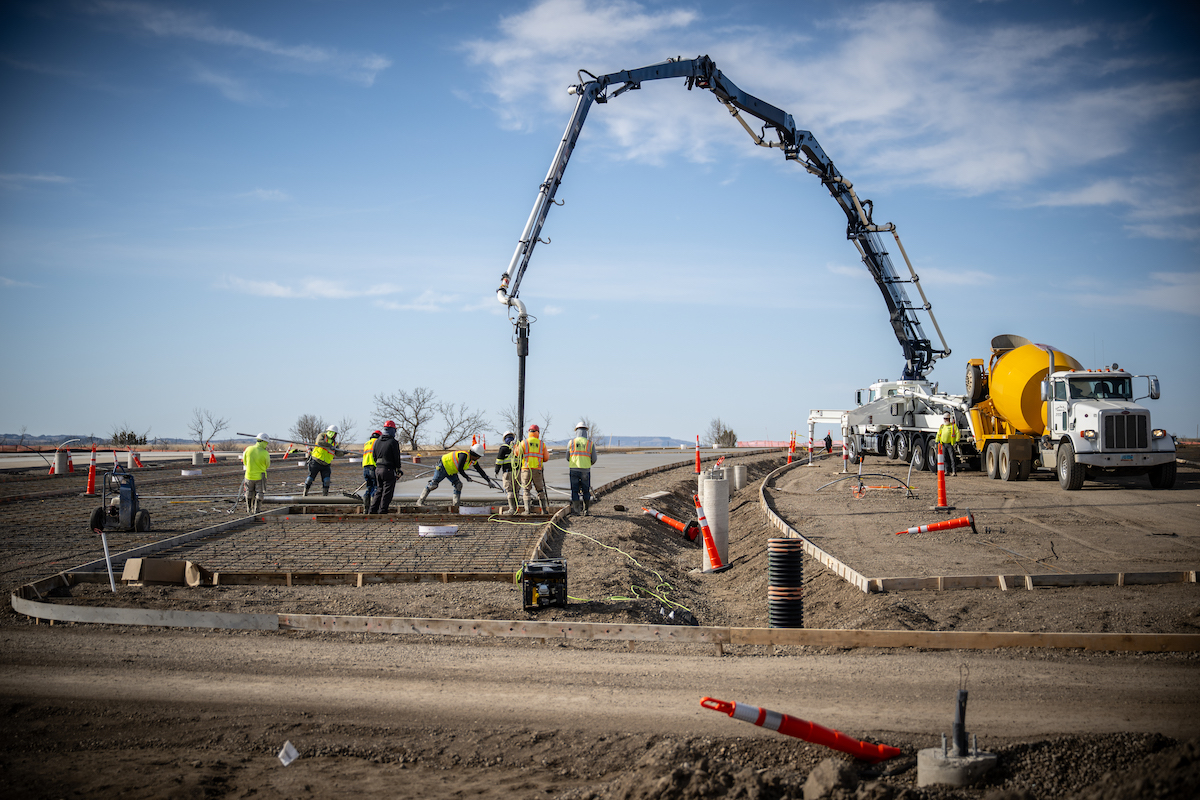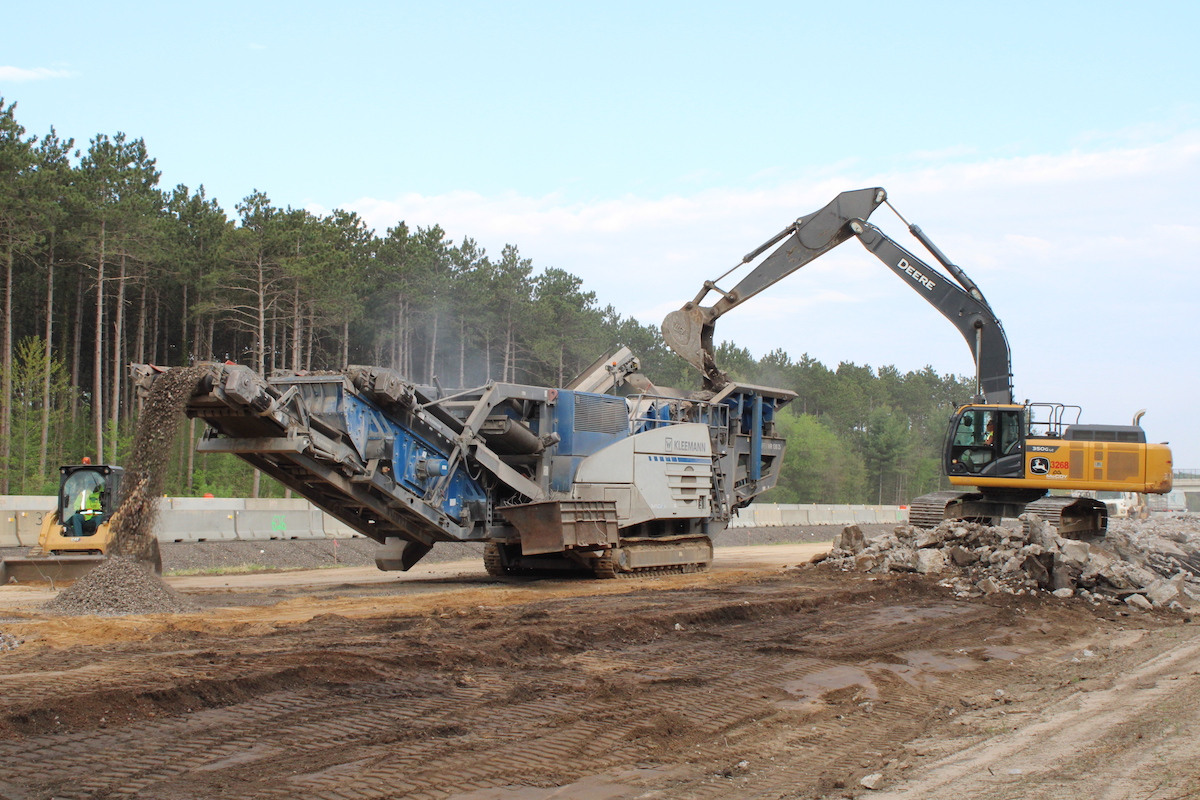As the last few of our Quarterly Construction Metrics Index reports have shown, more and more contractors have been planning ahead, reserving cash, modernizing their construction operations, and getting early jumps on hiring in order to maximize efficiencies and profit for these future projects. The passage of the Bipartisan Infrastructure Law, expansion of new construction markets like semiconductors, warehousing and clean fuel and technology facilities, and more have put proactive and agile contractors in the driver’s seat to control their own destinies.
Yet, one major challenge remains. Who is actually going to do the work?
Despite great pay, younger generations have largely seen construction as too dangerous, too labor intensive, and too technologically antiquated for their liking. They are also wary of construction’s career path opportunities and lack of diversity. The construction industry has gone to great lengths – especially over the past few years – to change these narratives, and younger professionals are starting to slowly gravitate back to potential construction careers. But it’s still a feeding frenzy when it comes to construction hiring – with far more open positions than there are quality candidates to fill them. That’s why contractors are starting to think outside the traditional construction boxes.
Here are six things leading-edge contractors are doing to ensure they have the right people in place to do the work.

| Your local Komatsu America Corp dealer |
|---|
| Road Machinery and Supplies Company |
| Road Machinery and Supplies Company |
Today’s professionals want to be able to work like they do pretty much everything else – digitally, with more mobility, with cloud-based workflows and streaming, real-time data. Why spend hours to get the same answer manually that you could in just seconds with a click or swipe of modern, connected technologies? That’s just one of the reasons contractors are moving to connected, cloud-based construction solutions. And in doing so, they’re creating the tech workflows and career paths younger generations want.
Thankfully, there are modern, connected construction HR solutions as well that are digitizing and streamlining the recruiting, hiring, onboarding, and training processes. Not only does this help contractors get their new hires processed more efficiently and project teams assembled quicker, but these tools also expand contractors’ current hiring capabilities. With built-in job boards and digital recruiting tools that get their open requisitions in front of more qualified eyes, construction companies can be a bigger fish in an even bigger construction labor pool.
To attract workers today, companies need to be engaging, show opportunities and rewards, and more. Some contractors have made catchy videos, like this one from The Up Companies, where the company actually tapped the talents of entertainer Chingy as a way to connect with younger generations.
An effort to renew these – largely begun at the construction association or organization levels – has helped. Today, we’re also seeing much more direct involvement from contractors themselves, setting aside funds for local educational efforts or creating their own programs. These are great for professionals and companies alike, with direct job placement opportunities and other benefits.
Instead, these mentorships are aimed at training workers to grow their skills in a place where they can also advance. The best mentorship programs, however, are dual mentorships, where older, more seasoned construction professionals teach the ins and outs of construction, while younger, more tech-savvy trainees share modern technology skill sets and workflows.
More female- and person-of-color-owned construction companies are establishing themselves and winning more work. And thousands of contractors are making diversity, equity, and inclusion (DEI) programs a priority. These programs are essential not just to provide safe, harassment-free working environments, but also to actively promote career growth and leadership opportunities for all members of the construction workforce.
The key, however, is change. Contractors that move away from legacy processes and thinking will be those best poised to attract the best workers and new leaders. It takes a commitment, but the end results will be rewarding.
This article originally appeared in the Trimble Viewpoint blog, authored by Andy Holtmann, Senior Content Manager of Trimble Construction Management Solutions.



















